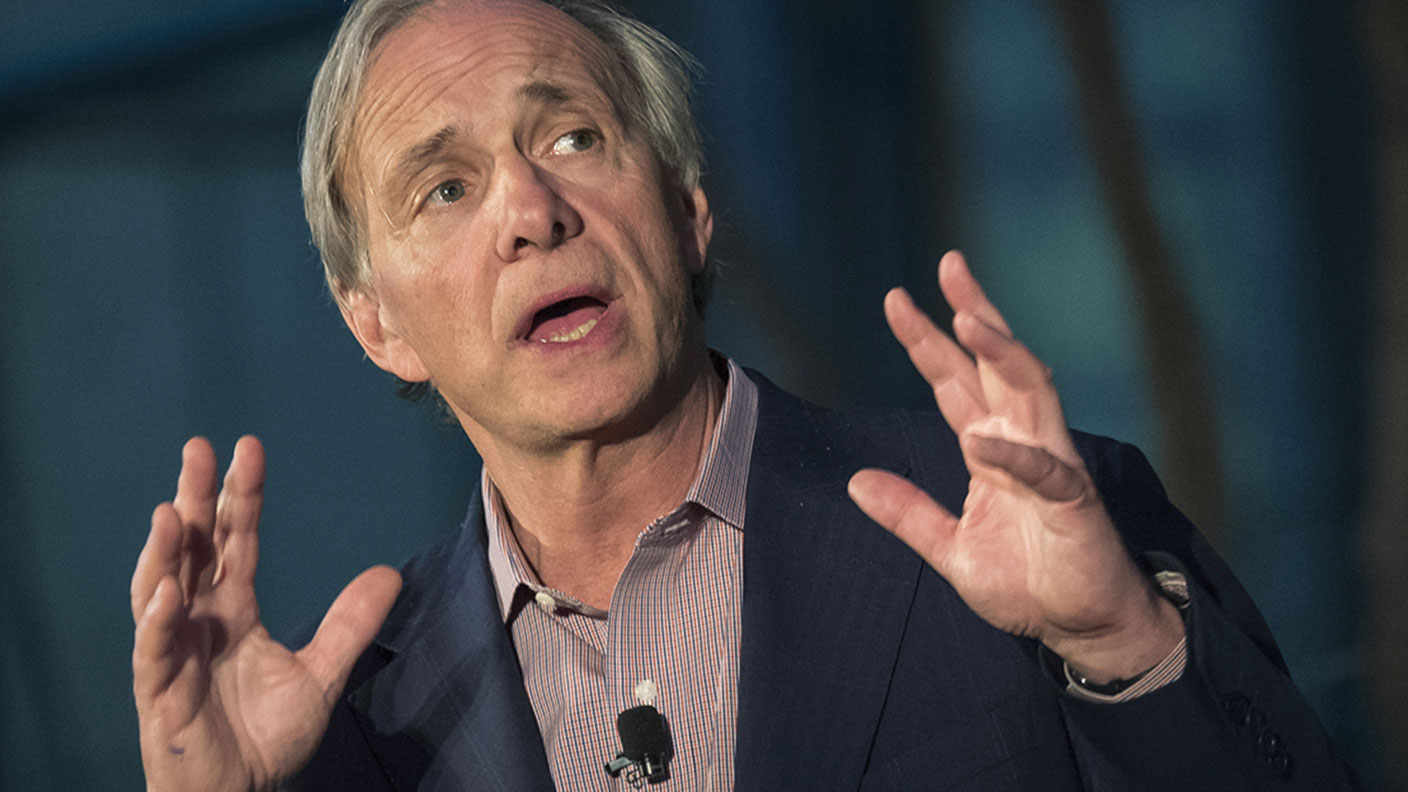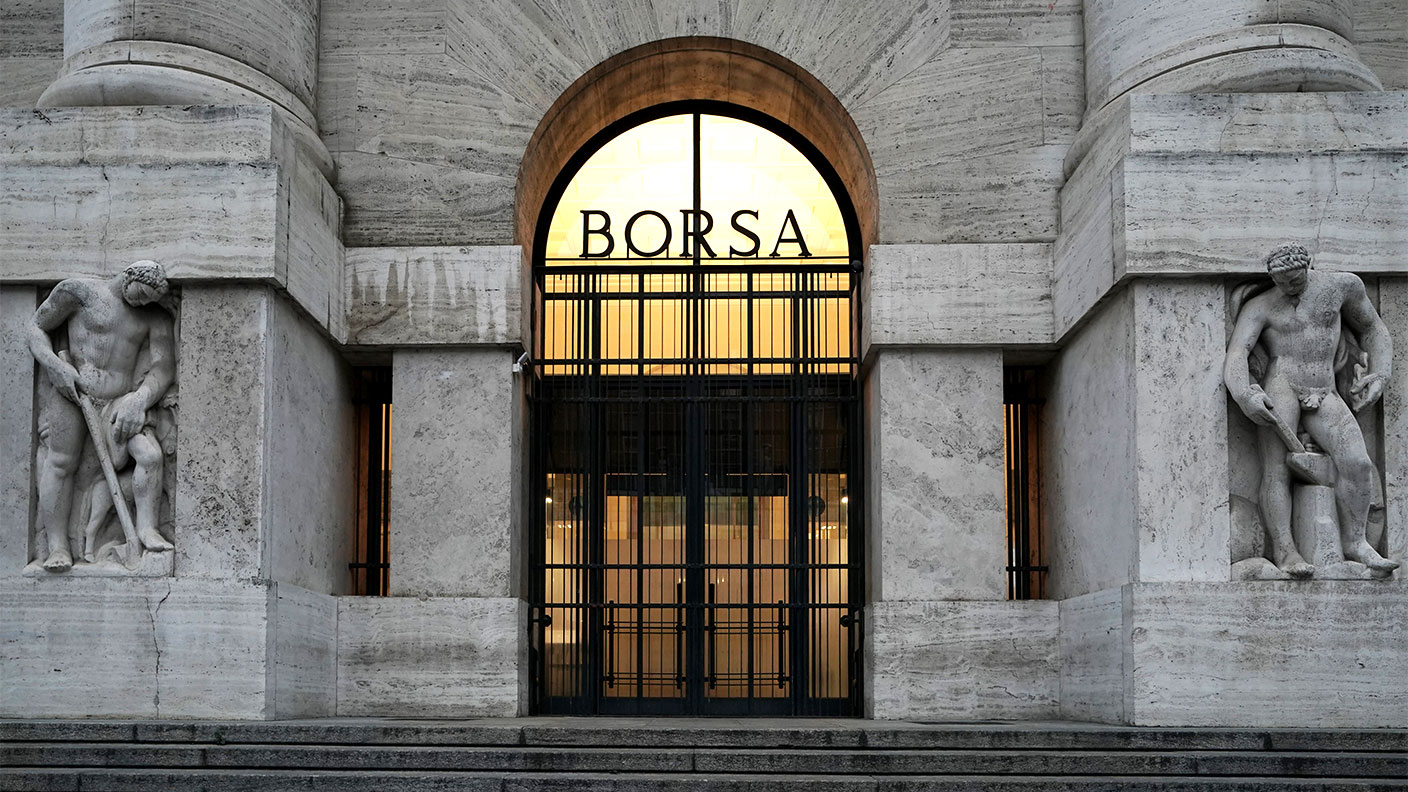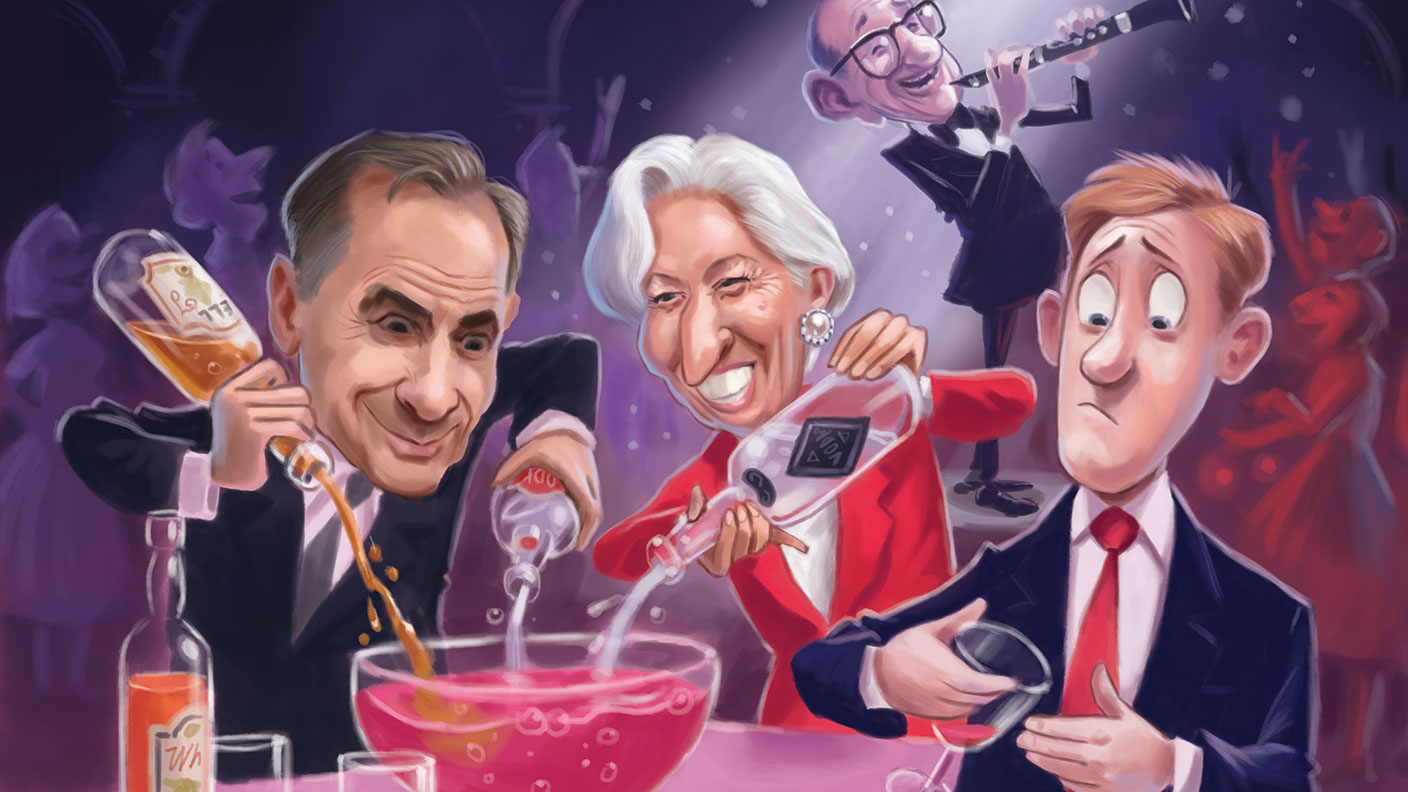Get the latest financial news, insights and expert analysis from our award-winning MoneyWeek team, to help you understand what really matters when it comes to your finances.
You are now subscribed
Your newsletter sign-up was successful
Want to add more newsletters?

Twice daily
MoneyWeek
Get the latest financial news, insights and expert analysis from our award-winning MoneyWeek team, to help you understand what really matters when it comes to your finances.

Four times a week
Look After My Bills
Sign up to our free money-saving newsletter, filled with the latest news and expert advice to help you find the best tips and deals for managing your bills. Start saving today!
Asset allocation is at least as important as individual share selection. So where should you beputting your money? We give our monthly view on the major asset classes.
Commodities:Bumpy road ahead
Commodities "are seeing very limited investor appetite", says Barclays. You can see why. They have traditionally been seen as a hedge against inflation, but many investors currently fear deflation far more. The supply-demand picture isn't auspicious either. Manufacturing surveys point to a slight strengthening of global growth, says Capital Economics, but Europe remains a weak link, and there is little evidence of a sustained worldwide recovery to underpin demand.
It is also "becoming impossible to ignore the increasing surplus of supply in some raw materials", says Liam Denning in The Wall Street Journal. Citigroup expects large copper surpluses for the next three years. Mines have finally caught up with the demand of recent years, just as demand has ebbed, particularly from China. Mining stocks have priced much of this in, and are a bet for the bold. But expect a bumpy road ahead.
MoneyWeek
Subscribe to MoneyWeek today and get your first six magazine issues absolutely FREE

Sign up to Money Morning
Don't miss the latest investment and personal finances news, market analysis, plus money-saving tips with our free twice-daily newsletter
Don't miss the latest investment and personal finances news, market analysis, plus money-saving tips with our free twice-daily newsletter
Long-term demand for agricultural commodities is, however, unlikely to ebb as populations grow and the supply of arable land is squeezed. We think that playing this theme with fertiliser or farm-equipment companies is a safer bet than putting on highly volatile softs themselves.
Equities:A massive bubble?
Stocks, among other assets, are "in a massive speculative bubble", reckons Gloom, Boom & Doom editor Marc Faber. Most markets have risen sharply, with the gains in the US looking particularly extreme given the fundamentals. Global stocks usually march to Wall Street's beat, so a nasty setback there would pull other markets down too.
But it's no use worrying about the exact timing of any slide. Instead, stay with markets that are still cheap enough to promise healthy long-term returns, and drip-feed money in to offset volatility. Europe is one such market. The strong euro is squeezing exporters and making it all the more likely that the European Central Bank will eventually launch a money-printing programme in the hope of averting deflation. That would be good news for stocks, especially Italian ones,which are still on a low cyclically-adjusted price/earnings ratio. Japan also remains promising. The Bank of Japan could print even more money next year, in contrast to America. A weaker yen would further boost earnings, while pending cuts in corporation tax are also good news for stocks. Consumer prices are starting to rise, suggesting deflation could be over. Throw in still-cheap valuations and the rally should endure.
As for emerging markets, given their ongoing structural problems, any recovery in growth next year is unlikely to be rapid. Fears of tapering by the US central bank, which would withdraw liquidity from emerging markets, won't help either. But valuations have become much more reasonable in the past year. China, which has also announced a series of measures to liberalise the economy further, looks a good bet. We also like Vietnam, the Philippines, and Mexico.
Energy:Back gas
Progress in talks between the West and Iran should reduce the fear of war and raises the prospect of a hefty rise in oil supply as Iranian production rebounds. Along with the lacklustre global economy, this suggests oil prices will fall. Meanwhile, US natural gas futures have jumped to a six-month high, thanks to unusually chillyweather. Longer term prices should keep rising as more industries switch to this cleaner-burning fuel. Play the trend with stocks set to profit from higher gas demand.
Precious metals:A losing year for gold
Gold has fallen by over 25% in 2013 and is on track for its first losing year in more than a decade. But keep holding 5%-10% as insurance, amid ongoing money-printing by central banks. Silver is also a monetary metal, but it is influenced by industrial trends and the market is much smaller than gold's, making it especially unpredictable and volatile.
Bonds:Stay cautious
We remain wary of almost all bonds. Government paper is expensive after a 30-year bull run, and with the developed world drowning in debt and inflation a threat, we wouldn't touch it. Corporate bonds look overpriced too: junk bond yields have fallen as low as around 6%, which would be reasonable for a much-safer government bond in normal times.
Property:Ignore Funding for Lending
The Bank of England's tweak to its Funding for Lending scheme has been hailed as a way to choke off the incipient bubble in the housing market. But as Ed Bowsher points out in our free daily email Money Morning, banks can still get cheap funding for loans, and the move doesn't affect the Help to Buy scheme. House prices, already too high, are set to head higher. Germany and the US are much more promising markets for property investors.
Get the latest financial news, insights and expert analysis from our award-winning MoneyWeek team, to help you understand what really matters when it comes to your finances.
MoneyWeek is written by a team of experienced and award-winning journalists, plus expert columnists. As well as daily digital news and features, MoneyWeek also publishes a weekly magazine, covering investing and personal finance. From share tips, pensions, gold to practical investment tips - we provide a round-up to help you make money and keep it.
-
 Should you buy an active ETF?
Should you buy an active ETF?ETFs are often mischaracterised as passive products, but they can be a convenient way to add active management to your portfolio
-
 Power up your pension before 5 April – easy ways to save before the tax year end
Power up your pension before 5 April – easy ways to save before the tax year endWith the end of the tax year looming, pension savers currently have a window to review and maximise what’s going into their retirement funds – we look at how
-
 The end of cheap money hits the markets
The end of cheap money hits the marketsNews Markets have swooned as central banks raise interest rates, leaving the era of cheap money behind.
-
 France’s government collapses – could it trigger the next euro crisis?
France’s government collapses – could it trigger the next euro crisis?Briefings France’s government has toppled after losing a vote of no-confidence, plunging the euro zone’s second-largest economy into turmoil. Is this 2012 all over again and should Europe be worried?
-
 Ray Dalio’s shrewd $10bn bet on the collapse of European stocks
Ray Dalio’s shrewd $10bn bet on the collapse of European stocksOpinion Ray Dalio’s Bridgewater hedge fund is putting its money on a collapse in European stocks. It’s likely to pay off, says Matthew Lynn.
-
 French stocks are back in fashion
French stocks are back in fashionNews France’s CAC 40 stockmarket index gained 29% in 2021, making it the world’s best performing major market.
-
 Five unexpected events that could shock the markets in 2022
Five unexpected events that could shock the markets in 2022Opinion Forget Covid-19 – it’s the unexpected twists that will rattle markets in 2022, says Matthew Lynn. Here are five possibilities
-
 Has Italy’s economy turned the corner?
Has Italy’s economy turned the corner?News Italy’s FTSE MIB stockmarket index has returned 23% so far this year, more than double the FTSE 100’s performance over the same period.
-
 Overlooked European stocks are a solid bargain
Overlooked European stocks are a solid bargainNews The lack of speculative exuberance in European stocks compared to US markets bodes well for investors seeking less tech-heavy drama and more deep value.
-
 Curiouser and curiouser: 20 years in the markets
Curiouser and curiouser: 20 years in the marketsCover Story Central banks have been interfering with market and economic cycles for two decades, undermining capitalism and storing up huge trouble for the future, says Andrew Van Sickle.

